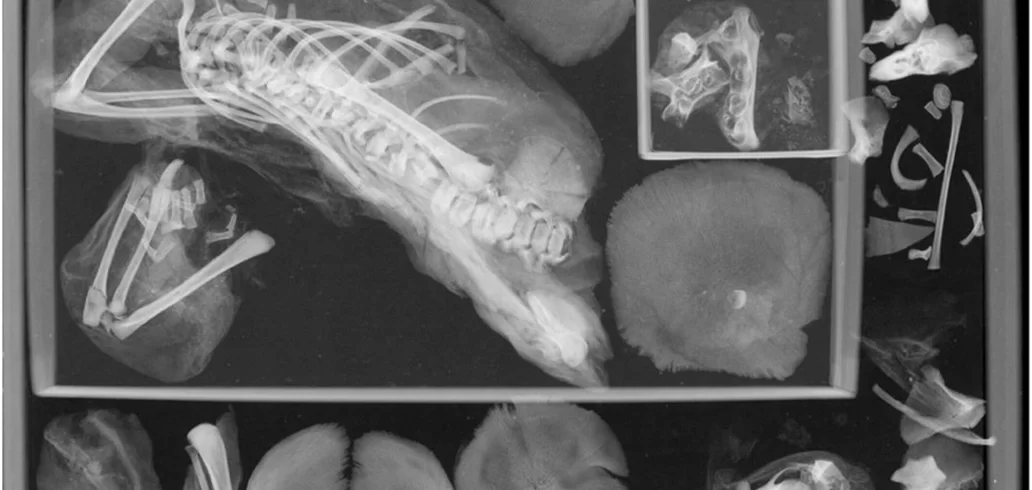Curiosities
Foxes may have been domestic animals in the past
Advertisement
Foxes are wild animals of the canidae family, and although there are studies on their domestication in some parts of the world, such as in Russia, where breeders have experimented with the selective domestication of silver foxes for several generations, they are still not generally considered domestic animals.
The process of domestication involves not only the selection of desirable behavioral traits, but also genetic adaptation to the human-controlled environment. Still, it is interesting to note that some individuals may have kept foxes as pets in an unsystematic way throughout history.
Old friendship
The idea of an ancient friendship between humans and foxes is fascinating and, in some ways, even romantic. However, in most cases, the relationship between humans and foxes has been more of a coexistence than a direct friendship.
In some cultures and mythologies, foxes are portrayed as cunning and mysterious beings, often associated with traits such as intelligence and trickery. These depictions may have contributed to folklore stories about human-fox interactions.
However, in terms of domestication and direct friendship, it is more likely that this relationship was more occasional or based on the proximity between human settlements and fox habitats, where people may have observed and even fed these animals, but not necessarily domesticated them in the traditional sense.
But why a fox?
Choosing a fox for consideration as a pet or friendship partner can have several reasons:
1. **Curiosity and admiration for nature**: Foxes are intriguing animals, with their cunning behaviors and impressive adaptability. Their elegant appearance and agile movements can arouse curiosity and admiration in people.
2. **Intelligence and Adaptability**: Foxes are known for their intelligence and ability to adapt to different environments. Their ability to survive in both urban and rural areas shows their adaptability, which can be an attractive aspect for consideration as a pet.
3. **Domestication Potential**: While full domestication of foxes is not yet widespread, there are ongoing studies into their selective domestication in some parts of the world. This suggests that it is theoretically possible that foxes could become pets at some point in the future.
4. **Cultural and symbolic connections**: In some cultures, foxes are symbols of cunning, intelligence, and even spirituality. These cultural associations can influence how people view foxes and may contribute to whether they consider them as pets or companions.
However, it is important to note that the choice of an animal as a pet or friendship partner is often influenced by a combination of factors, including physical and behavioral characteristics, availability, ease of care, and even ethical issues related to domestication and the animal's welfare.
You may also like

How to save with discount coupons: Best strategies
Saving with discount coupons has become even easier with apps that automatically search for and apply coupons.
Keep Reading
What are the Main Credit Cards for People with Bad Credit and Salaried Employees?
Now you will see which are the Main Credit Cards for People with Bad Credit. Click here and see everything you need to know about getting yours.
Keep Reading


